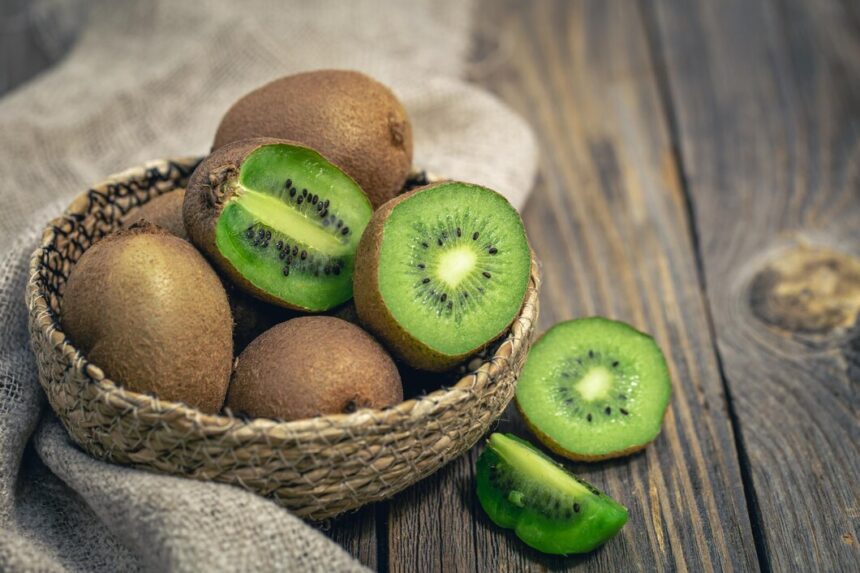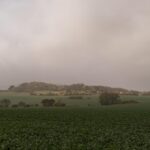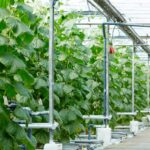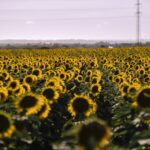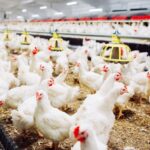Pseudomonas syringae pv. actinidiae (Psa), commonly known as bacterial canker, is a devastating disease affecting kiwifruit plants worldwide. Early detection of Psa infection is crucial to prevent its spread and minimize crop losses. Here are ten signs to watch for that indicate your kiwifruit may be infected with Psa bacteria:
- Leaf Spotting: Look for small, dark spots or lesions on the leaves of kiwifruit plants. These spots may initially appear water-soaked and gradually turn brown or black as the infection progresses.
- Canker on Vines: Check for sunken, dark lesions or cankers on the vines and stems of kiwifruit plants. Cankers may ooze bacterial exudate, especially in wet conditions.
- Leaf Discoloration: Notice any unusual yellowing or browning of leaves, particularly around the edges or between veins. Discoloration may spread rapidly as the infection advances.
- Twig Dieback: Observe for wilting or sudden dieback of young shoots or twigs. Infected twigs may show brown discoloration or necrosis.
- Fruit Rot: Examine kiwifruit for signs of premature rotting or decay, often accompanied by sunken lesions or water-soaked spots on the fruit surface.
- Blossom Blight: Monitor kiwifruit blossoms for brown, necrotic areas or blighting. Infected blossoms may fail to develop properly or drop prematurely.
- Resin Oozing: Check for resinous exudate or gumming on the bark of infected vines. Resin can be a sign of plant stress response to bacterial invasion.
- Stunted Growth: Look for signs of stunted growth or reduced vigor in kiwifruit plants. Psa infection can impair nutrient uptake and overall plant health.
- Water-Soaked Lesions: Notice any lesions on plant tissues that appear water-soaked or greasy. These lesions often indicate active bacterial infection and rapid disease progression.
- Rapid Wilt: Kiwifruit plants infected with Psa may exhibit sudden wilting or collapse of leaves and shoots, particularly during periods of high humidity or rainfall.
If you observe any of these signs or suspect Psa infection in your kiwifruit orchard, it is crucial to act swiftly. Consult with agricultural experts or plant pathologists for accurate diagnosis and management strategies. Early detection and effective disease management practices can help mitigate the impact of Psa on kiwifruit production and ensure the health and productivity of your orchard.
Join 'Farmers Mag' WhatsApp Channel
Get the latest Farming news and tips delivered straight to your WhatsApp
CLICK HERE TO JOIN
